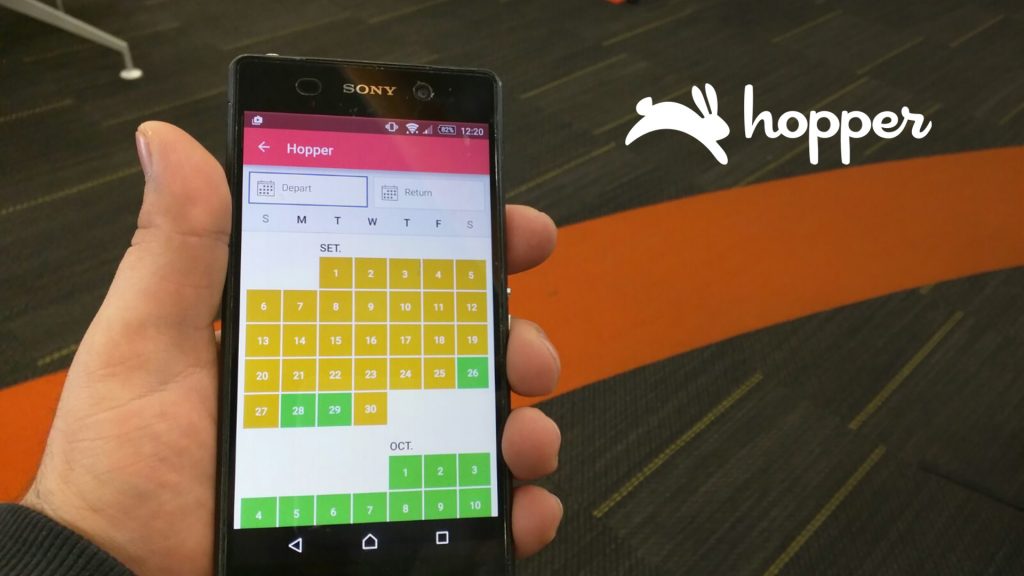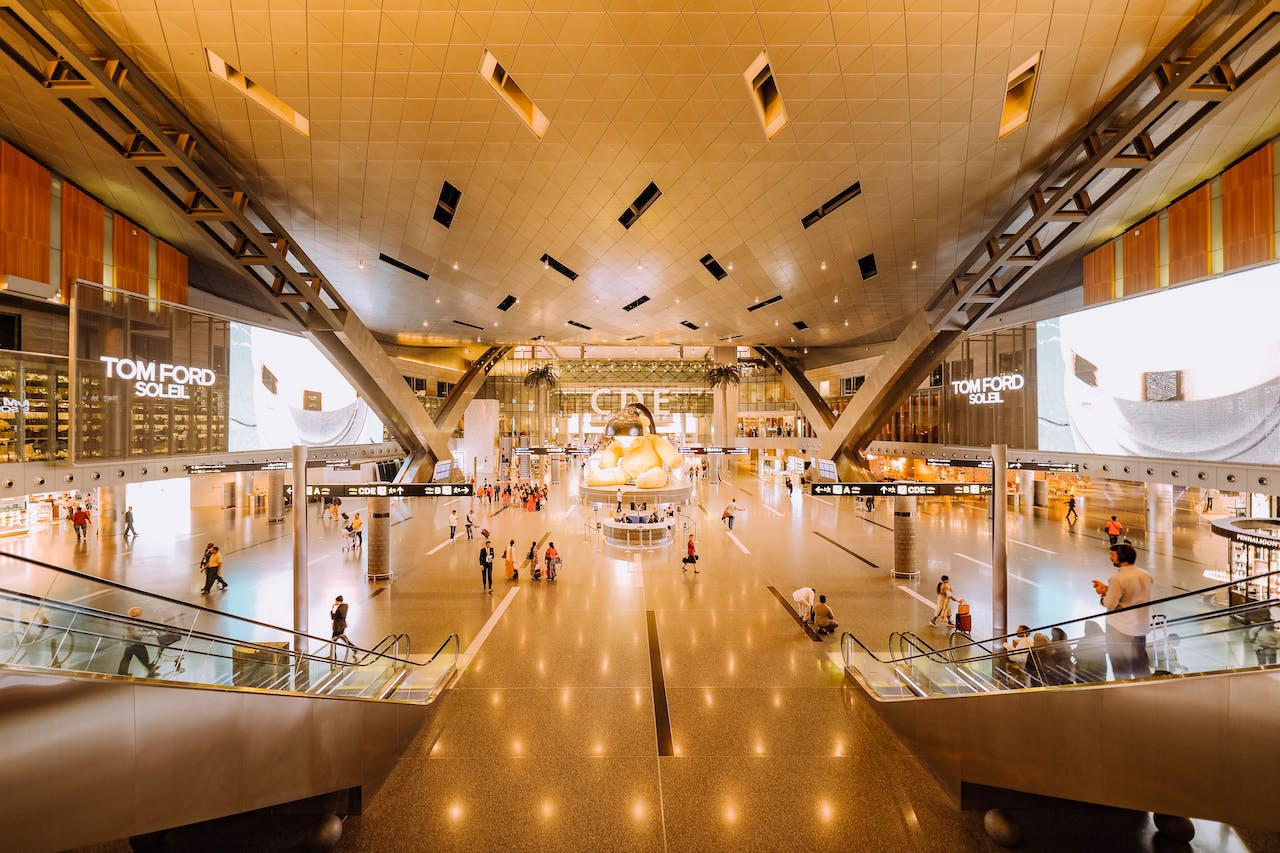The travel industry is constantly evolving, and the latest travel trends are bringing in the power of artificial intelligence (AI) to enhance the travel experience. With AI in tourism, we are seeing a revolution in the way we book, travel, and experience destinations.
Check out what the future has in store for us with the power of these latest AI evolutions in the tourism industry.
1. AI Assistants for Travel Booking

Gone are the days when travelers had to visit travel agencies to book their trips. With the advent of AI, chatbots and intelligent assistants are now taking over the role of travel agents. These AI-powered chatbots offer personalized booking experiences to travelers via social media platforms such as Facebook Messenger, WhatsApp, and Skype. Travel reservation giants like Booking.com, Expedia, and Skyscanner are also utilizing chatbots to help customers find the best deals on flights, accommodations, and activities.
AI assistants are rapidly gaining popularity among travelers as they provide a more efficient and personalized way of booking travel. These assistants can make suggestions based on the user’s preferences and offer solutions in case of emergencies or issues that may arise during travel. As more travelers seek out the convenience and personalization offered by AI assistants, their use is expected to increase in the coming years.
2. Customer Service Robots

Yes, robots and AI are being increasingly used in the travel industry to assist customers and improve efficiency. The use of robots in airports and hotels can reduce wait times and streamline the check-in process. As mentioned, it is expected that robots will replace humans in the check-in process by 2030.
Connie, the robot concierge at the Hilton, is an innovative solution that uses Natural Language Processing to understand human queries and provide recommendations. It can also show directions to guests and express different human emotions through its movements and lighting. As it learns from human interactions, it can continuously improve its capabilities.
3. Flight Forecasting

Among the latest travel trends are AI-powered apps that provide flight forecasting. By leveraging machine learning algorithms, these apps can help users find the best deals on flights and hotels and predict future prices with great accuracy. One such app, Hopper, has quickly become the go-to platform for booking flights and offers personal recommendations for customers on the best time to buy their desired flight.
Hopper’s AI-driven prediction engine uses a large-scale database of flight prices to provide users with customized offers for their preferred travel dates. The app also sends push notifications to alert users about the optimal time to purchase their desired flight and can help users discover new destinations and experiences.
4. Personalized Recommendations

As technology advances, the travel industry is moving towards mobile applications that offer personalized travel planning from start to finish. These apps may incorporate wearable technologies to track passenger health and suggest safe travel zones. Additionally, tourist recommendation systems that utilize machine learning are increasingly being used by tourism facilities to improve decision-making, optimization, and scheduling procedures.
Research shows that up to 75% of people prefer personalized experiences when it comes to modern travel businesses. Airlines, hotels, and restaurants are implementing digital personalization to tailor specific services to individual customer preferences. By using technology to offer personalized experiences and recommendations, the travel industry can improve customer satisfaction and enhance the overall travel experience.
5. AI Baggage Handling

The travel industry has made significant progress in the use of AI in automated baggage systems at airports, enhancing tracking and handling methods for a seamless experience. Advanced AI tools use photo identification to trace baggage and predict the number of bags based on the traveler’s travel history. A database with scanned images of suitcases makes it easier to validate baggage for a specific passenger on future trips. Airlines’ special apps for tracking lost baggage or keeping track of it while in transit benefit both airports and travelers.
The first AI-driven technology trials for baggage handling were conducted at Eindhoven Airport in the Netherlands by BagsID, demonstrating the efficiency and reliability of AI-based solutions for luggage check-in. With a label-free check-in method that promotes green policies, passengers can take a picture of their baggage and upload it. The pilot will continue until 2023, with passengers able to use the AI-powered luggage handling system if the destination airport also employs it.
AI in Tourism
AI in tourism is transforming the travel industry, making it more efficient, personalized, and enjoyable for travelers. From AI assistants for travel booking to robots for face-to-face customer service, the latest travel trends are bringing new levels of convenience and innovation to the travel experience. As technology continues to advance, we can expect to see even more exciting developments in the world of AI in tourism.




